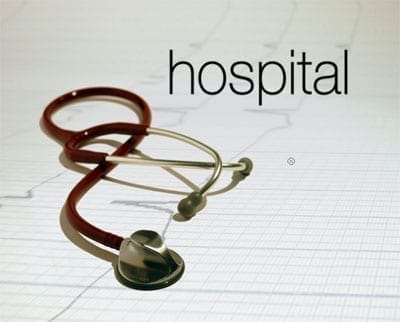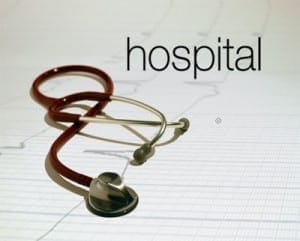
But some Medicare patients are short changed due to the way their hospital stay is coded. They can still go to a nursing home, but may have to pay hundreds or thousands of dollars up front.
A patient could be treated at a hospital for congestive heart failure for four days then, because the stay didn’t count as an admission, owe $250 a day for follow-up nursing home care.
Ouch!
Medicare patients need to know the rules if they want to hang on to their money. The federal government is trying to balance their budget on the backs of seniors.
What has changed is Medicare’s interpretation of what constitutes an inpatient hospitalization — and several days in a hospital bed receiving treatment under a doctor’s care does not necessarily meet the criteria.
Medicare changed the rules, but did you get the memo?
No, because there wasn’t one. In most cases you discover the rule change when you get a huge bill from the nursing home.
Historically, an outpatient observation would be a period of time when a person is being evaluated for something like chest pain or is receiving short-term treatment while doctors decide if further, inpatient care is needed.
But, in an attempt to hold down costs, the scope of “observations” now can include spine fractures or overnight stays that last several days while the patient undergoes tests and receives treatment.
The definition of observation changed. If your stay was less than 24 hours it would have been classified as observation, not an inpatient admission. But now you can stay several days without technically being admitted.
With Medicaid, which provides coverage for low-income families, observations are not reimbursed at all.
Now Medicare patients and those with private insurance are paying the price, too. Under Medicare rules, a beneficiary is entitled to a nursing home stay following a minimum three-day hospitalization. But it must be a three-day admission — and neither time spent in the emergency room nor the day of discharge count.
In other words, someone can be receiving hospital treatment for congestive heart failure over four days but Medicare may consider it an observation. Then, when the patient transfers to a nursing home afterward, there’s no coverage — and the facility may start charging $250 a day or more.
So now you know.
If you are a Medicare patient in a hospital, know the rules unless you want to pay dearly.
If Medicare denies your claim, your Medicare supplement plan won’t pay either. Something to keep in mind.
Georgia Medicare Plans have the best Medigap rates in Georgia. Check us out for yourself.

#Medicare #observation


Leave a Reply